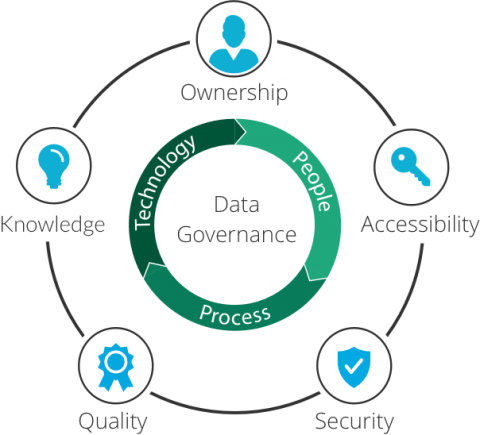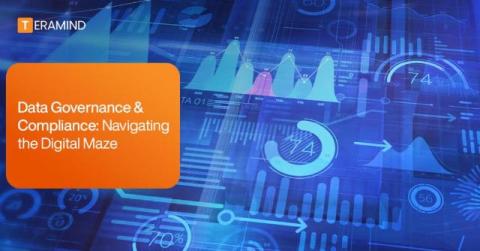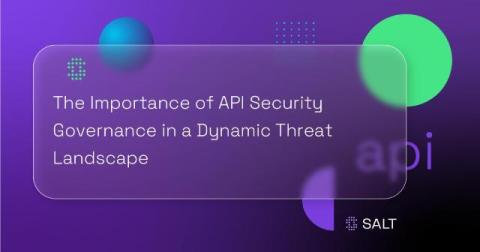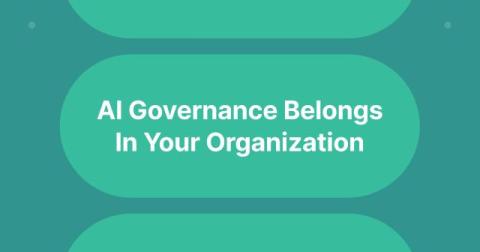Enhancing Corporate Governance in the Digital Age: Integrating Cybersecurity into ESG Stewardship
In an era where digital resilience is vital to corporate health, cybersecurity is a critical governance issue. The partnership between Bitsight and Glass Lewis underscores this reality by providing companies with a forward-thinking approach to assessing cybersecurity as part of Environmental, Social, and Governance (ESG) considerations.










